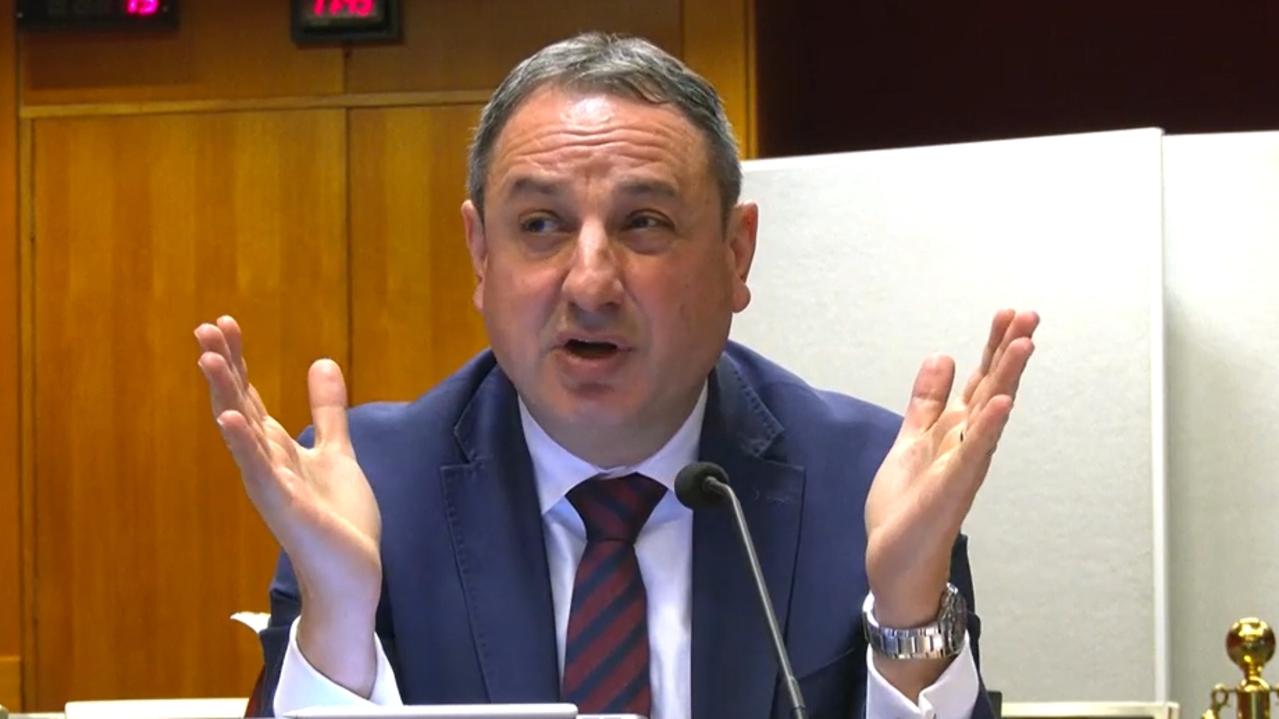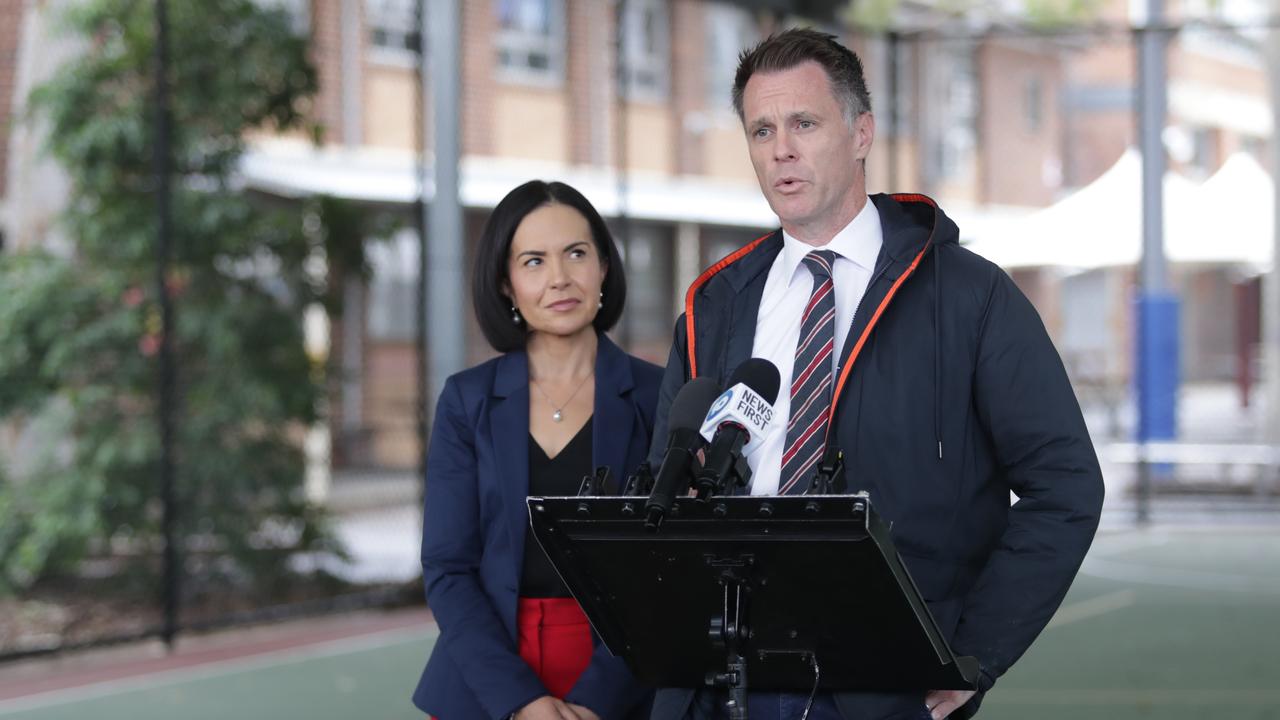Unruly Aussie schools: breaking bad behaviour in our classrooms
As global rankings show our classrooms are among the most unruly in the developed world, a novel idea has been suggested to tackle discipline: lessons in how to behave.

Education
Don't miss out on the headlines from Education. Followed categories will be added to My News.
A school behaviour expert says Australia should consider giving children lessons in how to behave in class – just like they get lessons in other subjects like maths or English.
In the face of international rankings showing our classrooms are among some of the most unruly in the developed world, former teacher and academic Dr Tim McDonald has called for a rethink in how to tackle the discipline problem.
And he says behaviour lessons should be included in the national curriculum.
In a new paper published by the Centre for Independent Studies think tank, Dr McDonald says children will not “spontaneously behave because they are in a school or classroom”.
Dr McDonald, a specialist on the federal government’s Engaged Classrooms Initiative, says orderly classrooms are essential for student learning and “it does not happen by chance”.
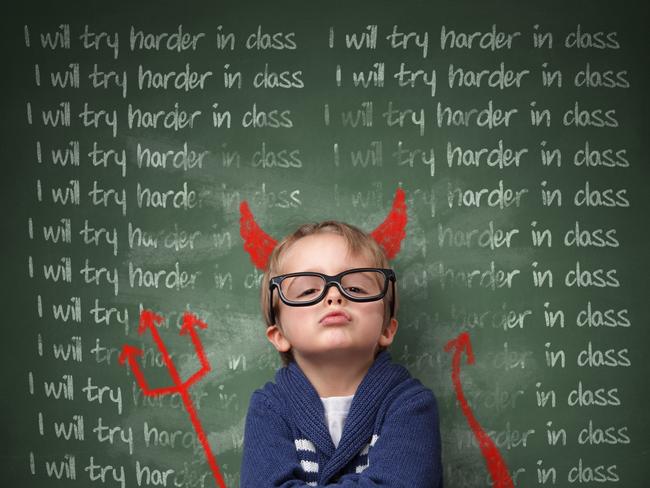
“Just as cognitive abilities vary, so to do students come to school with varying levels of ability and skill to behave in classrooms,” he said.
“As with any new skill or concept, behaviour needs to be taught explicitly. The teaching of behaviour needs the same planning, rigour and skill as the teaching of any subject content.
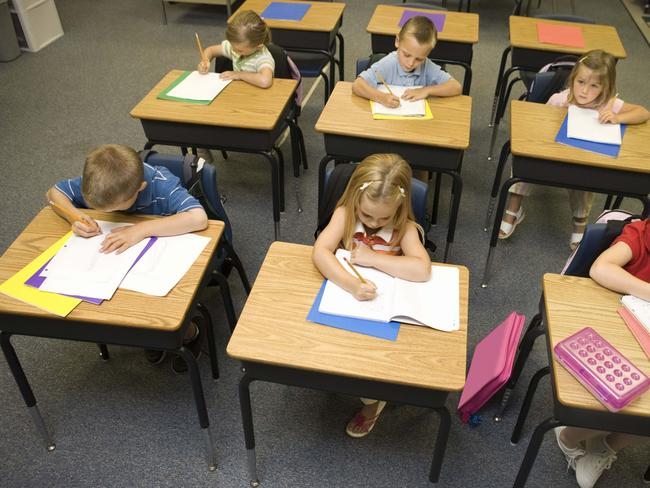
“A behaviour curriculum needs to be developed and resourced in the same way as subject curricula.”
“If behaviour is incorporated in the national curriculum, it would lift standards of behaviour and learning productivity in classrooms.”
Among his recommendations include establishing clear systems of rules and routines from day way, teaching and modelling the right behaviour and holding all students to high standards.

NSW Secondary Principals’ Council president Chris Petersen said that until 2020, a program called Positive Behaviour for Learning (PBL) was commonly used to explicitly teach positive behaviours to students.
He said schools dedicated time each week to these lessons, with internal and external coaches - but under the previous government, the statewide team was wound up and many of the coaches became Behaviour Specialists supporting schools to manage complex behaviours.
“Many schools remain committed to the principles of PBL, but the lack of systemic support does impact on the effectiveness of the strategy, especially given the high turnover of staff in many schools over recent years,” he said.
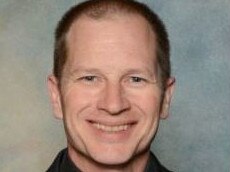
“Of course, the teaching of good manners and polite behaviour is a shared responsibility between schools and parents, and it is critical that parents support schools in explicitly teaching and modelling high standards of good behaviour to their children.”
Education expert Professor Jihyun Lee from the University of NSW says researchers have long recognised the problem.
She says some researchers have pointed out a common feature of high performing East Asian school systems like Singapore, Hong Kong, South Korea and Japan was the presence of orderly classrooms.
“The report by Dr Tim McDonald has effectively acknowledged the issue and proposed solutions regarding student behaviour,” Prof Lee said.
“However, the report overlooks the importance of empowering teachers to take action,” she said.
“It is alarming that 13 per cent of teachers reported instances of intimidation or verbal abuse from students.”
She says teachers need to feel empowered and secure - and they require legal protection against intimidation and bullying from both parents and students.
On top of that, she also recommends recognising “low-level” disruptive behaviours as impediments to student learning, and establishing clear national guidelines to identify disruptive behaviours “along with well-defined boundaries regarding acceptable and unacceptable student classroom conduct”.




